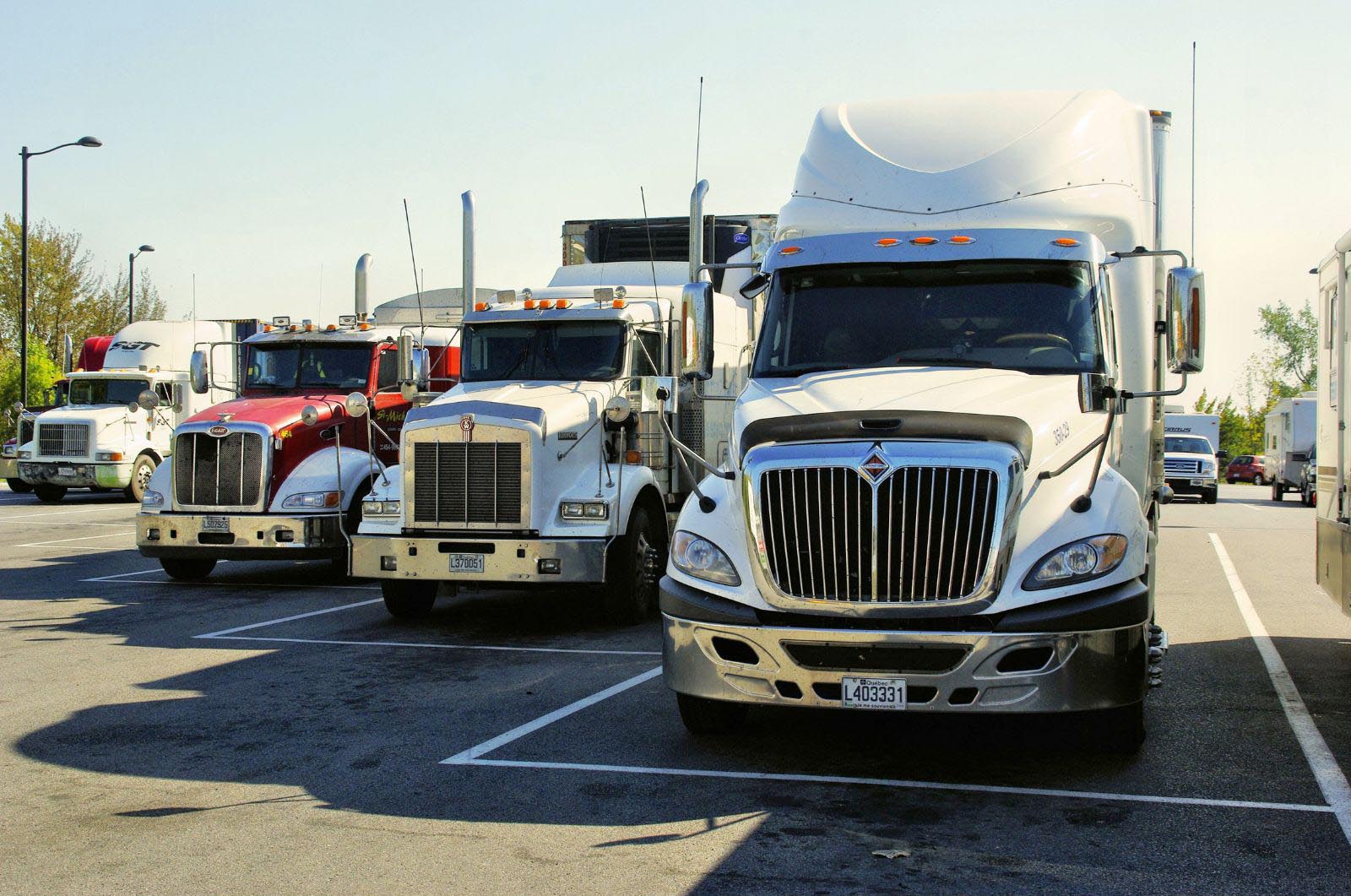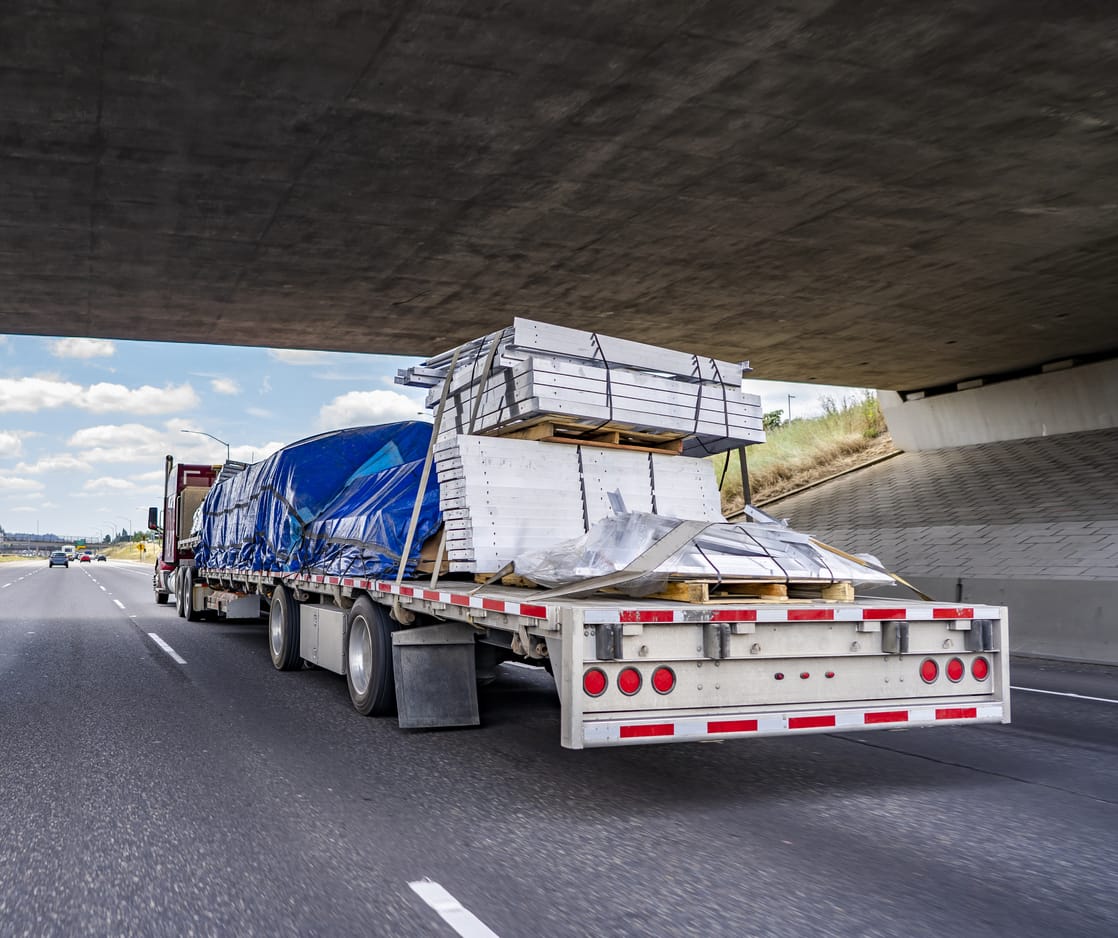Over the past ten years, the traditionally male-dominated trucking industry has undergone a modest but significant metamorphosis that is challenging longstanding established norms and paving the way for a more inclusive future. Personal stories, like that of Shelley Walker, who experienced mistrust and undervaluation in her early career because of her gender, aptly demonstrate this metamorphosis. Walker’s journey from a hopeful candidate encountering skepticism to a respected CEO highlights a dramatic transformation in the industry’s attitude and acceptance of women. Initially, Walker was ridiculed in her aspiration to join the ranks of truck drivers. Not only is her narrative a tale of personal success, but it also serves as a symbol of hope for the future, breaking down long-standing gender norms in the trucking industry.
Shelley Walker is a well-known person today; she went beyond her early days behind the wheel to become a pioneer and supporter of women in the trucking industry. Her rise from inexperienced truck driver to CEO of the Women’s Trucking Federation of Canada is a credit to her leadership, knowledge, and perseverance; it also illustrates the wider range of skills and opportunities available to women in the sector. Walker’s story exemplifies the larger story of progression and the removal of obstacles that have traditionally prevented women from entering and succeeding in the trucking industry. A new generation of women is encouraged to seek jobs in this essential profession as more women like Walker overcome these obstacles and ascend to significant positions, redefining what is possible in the trucking industry.

A diverse range of women, some by choice and others by accident, work in the trucking industry. These trailblazers are bound together by a common goal to dismantle the historical prejudices and obstacles inside the business, no matter how they get there. The trucking community is strengthened by the rich layers of experience and opinion that come from their different origins. Every woman’s tale is an ode to tenacity, highlighting not just individual successes but also the industry’s slow transition to equality and diversity. It’s clear from this changing environment that women truck drivers are becoming more accepted and supported, which is a big change from the past. These women manage their professions with courage and determination, making a lasting effect and fostering a more dynamic and diverse industry in the process.
Women like Helen Thorpe and Deep Grover encountered overt prejudice and doubts about their ability from the beginning, frequently being informed they didn’t match the stereotypical image of a trucker only because of their gender. Their difficult journeys serve as a backdrop for the larger fight against ingrained preconceptions in the transport sector as well as personal struggles. However, their tenacity and fortitude have not only demonstrated their value as individuals but have also paved the road for a more diverse business. They have sparked discussions about respect and equality in the workplace by remaining strong in the face of difficulty, serving as role models for next generations of female truck drivers. These experiences emphasize the need for ongoing cultural and policy changes within the industry, as well as pushing for a climate where talent and dedication are the primary indicators of one’s ability to succeed. Their experiences demonstrate the tenacity and will of women in trucking, paving the way for a future in which the transportation industry is more diverse and egalitarian.

Mansplaining and the notion that women should be quiet during conversations are common issues that frequently silence the voices of intelligent and accomplished women in the trucking industry. This not only downplays their accomplishments but also feeds into a depressing cycle of gender prejudice. However, examples such as Anh Thai indicate the progress that has been accomplished; they show how assertiveness and confidence can alter the dynamics in work environments, giving women more important positions in decision-making. Thai’s story emphasizes how important it is for women to speak out, question the established status quo, and share their insightful opinions and knowledge. Aspiring women in trucking should find inspiration in her accomplishments and those of many others, as they demonstrate that with perseverance and confidence, they can overcome systemic obstacles and succeed in leadership roles. This change promotes a more welcoming and varied workplace culture within the trucking industry, benefiting individual careers as well as the sector as a whole.
Due to its hard and competitive environment, the trucking industry has historically disregarded the importance of empathy, misclassifying it as a liability rather than an advantage. This misconception created an extra barrier for women, who often contribute powerful, compassionate leadership to their positions. However, as the field develops, empathy is becoming more widely acknowledged as a way to enhance workplace culture and promote mutual understanding and cooperation within diversified teams. Acknowledging empathy as a fundamental leadership competency represents a major shift in the views of the industry, stimulating a more welcoming and encouraging work environment for all staff members, regardless of gender. This shift helps women in the trucking industry as well as improving businesses’ general efficacy by promoting a leadership approach that prioritizes understanding, responding thoughtfully, and listening. Thus, businesses that adopt empathetic leadership are more equipped to handle the intricacies of today’s workforce, demonstrating that empathy is, in fact, a powerful asset in the trucking sector.

There are still large gaps in the participation of women in the trucking industry even while efforts to achieve equality continue. In spite of significant progress, the experiences and perspectives of trailblazing women in the area highlight both the long road ahead and the accomplishments that have already taken place. These stories are a wake-up call for the industry to step up efforts to create an atmosphere that attracts, supports, and keeps women—not only as drivers, but also as leaders and influencers. In addition to improving the industry as a whole, increasing measures to break down barriers and foster an inclusive culture will guarantee the sector’s viability and continued relevance in the contemporary world. Now is the moment to take action in order to guarantee that the future is characterized by opportunity, equality, and diversity for all.

By actively supporting women’s inclusion and support, Ship A Car, Inc. creates a new norm in the trucking and shipping industries. In addition to providing a wide range of car and freight transportation services across the country, this woman-owned company is steadfastly committed to advancing equality and diversity. Every customer, regardless of gender, gains from the individualized care of skilled transport experts committed to provide the best possible service. Ship A Car, Inc.’s dedication guarantees that women, particularly those in the trucking business, have a courteous and encouraging partner. This underscores the company’s position as a leader in advancement and empowerment within a profession that has historically been controlled by men. Their initiative to assist female truck drivers is a prime example of their larger goal to change the trucking business to one that supports and respects inclusivity and diversity on all fronts.
Q1: Why is it important to attract more women to the trucking industry?
A1: It is essential to increase the number of women who enter the trucking industry in order to address labor shortages, improve diversity, and offer fresh views to the field of logistics and transportation. This may result in the development of creative solutions and a workplace culture that is more welcoming to workers of all backgrounds.
Q2: What challenges do women in trucking still face?
A2: Women in the trucking industry continue to face challenges such as discrimination, gender prejudice, and the difficulty of striking a balance between empathy and leadership. Ongoing efforts are being made to alter mentalities and advance the cause of equality.
Q3: How does Ship A Car, Inc. support women in trucking?
A3: The woman-owned company Ship A Car, Inc. aggressively promotes women in the trucking industry by encouraging diversity, using inclusive recruiting methods, and providing committed assistance to guarantee that all customers, including women, have access to high-quality shipping services.




